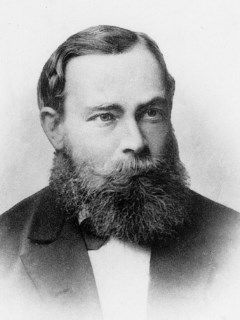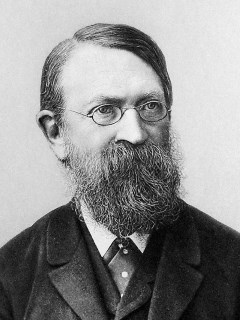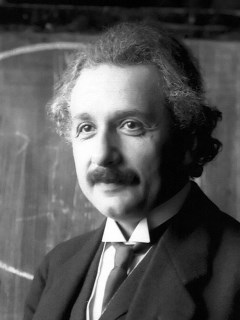
Publication details
Verlag: Springer
Ort: Berlin
Jahr: 2002
Pages: 621-639
Reihe: Synthese Library
ISBN (Hardback): 9789048161454
Volle Referenz:
, "Philosophy as science", in: In the scope of logic, methodology and philosophy of science II, Berlin, Springer, 2002


Philosophy as science
the modernist agenda of philosophy of science, 1900–1950
pp. 621-639
in: Peter Grdenfors, Peter Gärdenfors, Jan Woleński, Katarzyna Kijania-Placek (eds), In the scope of logic, methodology and philosophy of science II, Berlin, Springer, 2002Abstrakt
Ideas do not come neatly packaged into decades and centuries, and there is no great moment in 1901 that clearly initiates twentieth-century philosophy of science. If we insisted on staying close to 1901, the best place to start might be 1895 and the hiring of Ernst Mach as the first Professor of the Philosophy of the Inductive Sciences at the University of Vienna, or, perhaps, one might go directly to 1905 and Albert Einstein's special theory of relativity. Of course, 1895 is fairly late in Mach's career, and this might militate in favour of a "long twentieth century" in philosophy of science. The lines of methodological thought that ultimately lead to early twentieth-century philosophy of science come into view pretty clearly in the 1870s with French, German and Austrian positivisms, Austrian, English, and German formal and philosophical logic, various versions of neo-Kantianism, Marxism, phenomenology, pragmatism, psychologism, and so on. The methodological lessons of Einstein, Henri Poincaré, and others in the first decade of the century build on some of these developments. The formal tools soon to be taken up into philosophy of science, moreover, also began to be developed by Gottlob Frege in the 1870s and were sharpened by Giuseppe Peano, Bertrand Russell, and others even before the turn of the century.
Cited authors

Kant Immanuel

Frege Gottlob

Mach Ernst

Russell Bertrand

Einstein Albert

Marx Karl

Poincaré Henri

Peano Giuseppe
Publication details
Verlag: Springer
Ort: Berlin
Jahr: 2002
Pages: 621-639
Reihe: Synthese Library
ISBN (Hardback): 9789048161454
Volle Referenz:
, "Philosophy as science", in: In the scope of logic, methodology and philosophy of science II, Berlin, Springer, 2002
